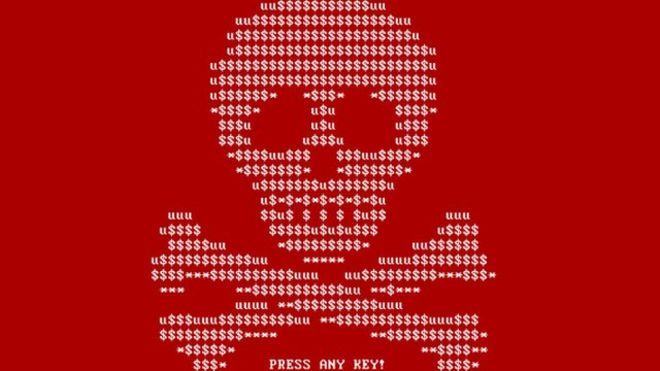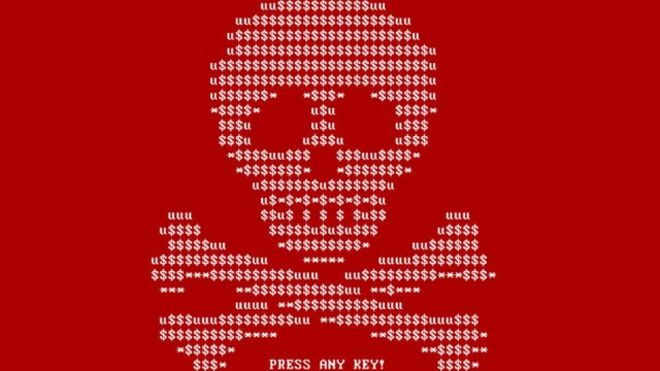
Petya ransomware victims can now unlock infected computers without paying.
An unidentified programmer has produced a tool that exploits shortfalls in the way the malware encrypts a file that allows Windows to start up.
In notes put on code-sharing site Github, he said he had produced the key generator to help his father-in-law unlock his Petya-encrypted computer.
The malware, which started circulating in large numbers in March, demands a ransom of 0.9 bitcoins (£265).
It hid itself in documents attached to emails purporting to come from people looking for work.
Scrambling schemes
Security researcher Lawrence Abrams, from the Bleeping Computer news site, said the key generator could unlock a Petya-encrypted computer in seven seconds.
But the key generator requires victims to extract some information from specific memory locations on the infected drive.
And Mr Abrams said: “Unfortunately, for many victims extracting this data is not an easy task.”
This would probably involve removing the drive and then connecting it up to another virus-free computer running Windows, he said.
Another tool can then extract the data, which can be used on the website set up to help people unlock their computer.
Independent security analyst Graham Cluley said there had been other occasions when ransomware makers had “bungled” their encryption system.
Cryptolocker, Linux.encoder and one other ransomware variant were all rendered harmless when their scrambling schemes were reverse-engineered.
“Of course,” said Mr Cluley, “the best thing is to have safety secured backups rather than relying upon ransomware criminals goofing up.”










